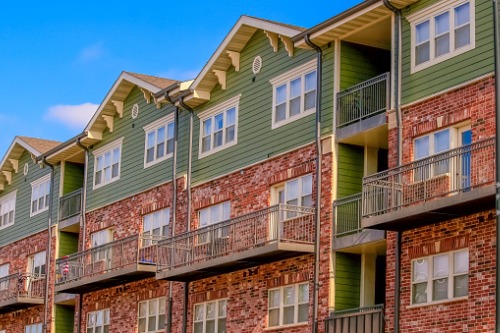Lender aims to preserve workforce housing and attract investors with new opportunities

In an effort to tackle the shortage of affordable multifamily housing in the US, Fannie Mae is offering sponsor-initiated affordability (SIA) incentives for multifamily borrowers.
“Sponsor-Initiated Affordability pricing incentives help address the shortage of affordable rental housing in America at a time when rent growth is outpacing wages,” said Rob Levin, SVP of Multifamily Customer Engagement at Fannie Mae.
Through its network of delegated underwriting and servicing (DUS) lenders, Fannie will provide incentives in the form of lower borrowing costs to property owners who agree to preserve or create a minimum of 20% of units in a multifamily property affordable to residents earning less than 80% of area median income (AMI).
The offering is adjusted for family size over the life of a loan with rents not exceeding 30% of AMI. Borrowers must document the rent and income restrictions in an affordability agreement and are required annual certification. The securities backed by a SIA loan will be disclosed as Multifamily Affordable Housing (MAH) mortgage-backed securities (MBS) and are eligible to be labelled a “social” bond, and when coupled with green financing, a “sustainable” bond.
The mortgage giant said that by encouraging borrowers to agree to the rent and income restrictions, it would be able to preserve naturally occurring affordable housing (NOAH) and workforce housing, as well as create new investment opportunities to attract investors.
“Nearly half of the families and individuals renting their home spend more than 30% of their income on rent, and this share continues to rise,” Levin said. “SIA allows borrowers to strengthen communities by keeping rents affordable over the life of the loan, and helps ensure renters have more stability when it comes to housing-related expenses.”
Last year, Fannie Mae provided $76 billion in loans to support the multifamily sector – the highest volume in the history of its 32-year-old DUS program. The GSE’s Multifamily Affordable Housing volume also increased more than 9% in 2020, up to $7.8 billion from $7.2 billion in 2019.



